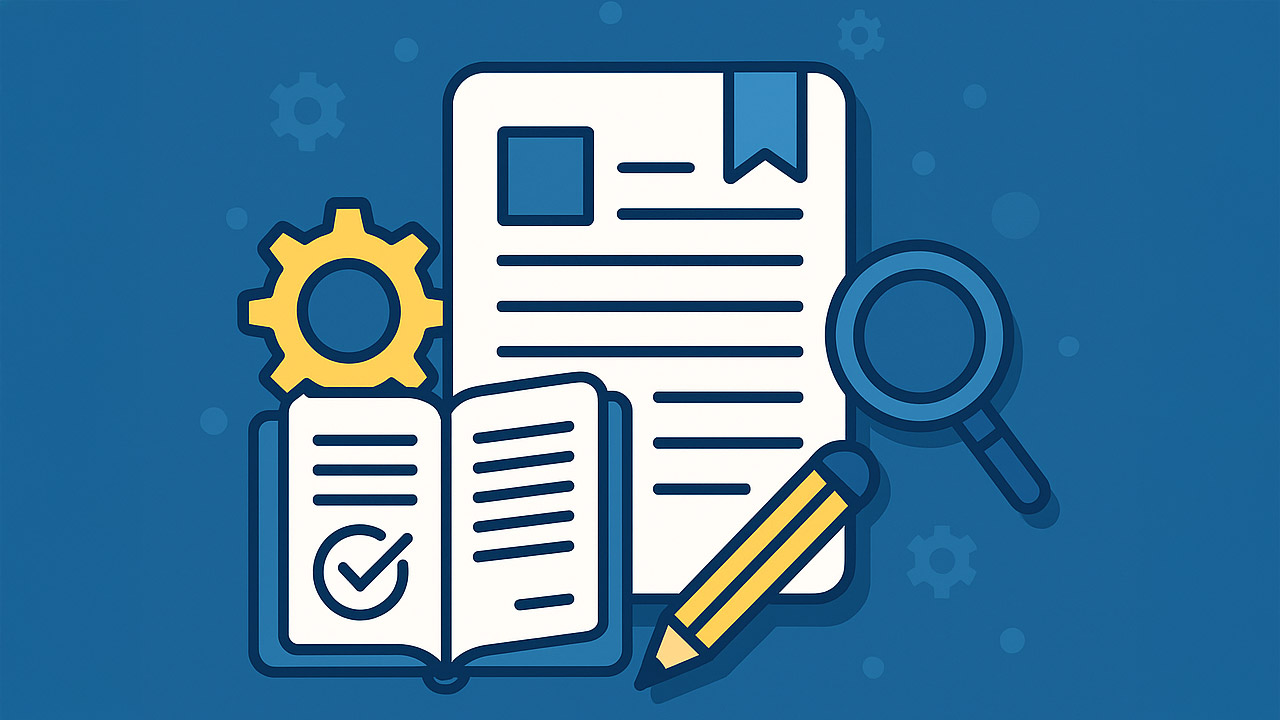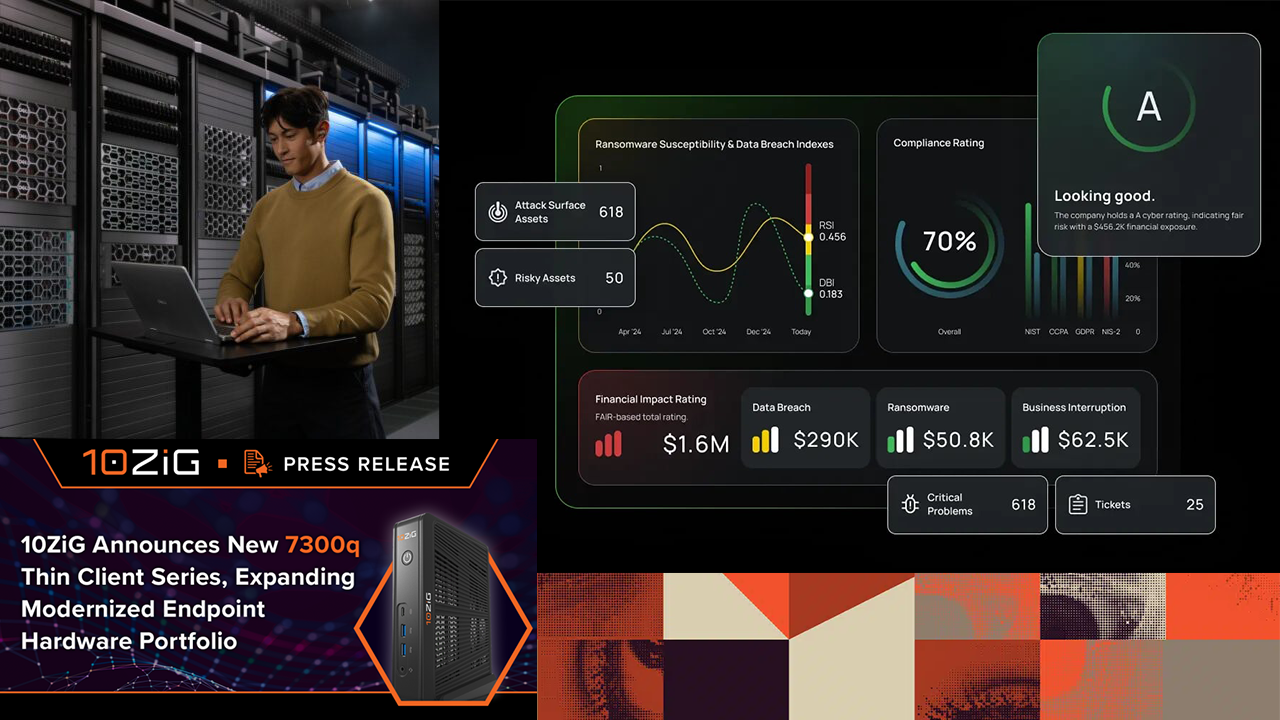Databricks, the leader in Unified Analytics and founded by the original creators of Apache Spark, announced Microsoft is joining the open source MLflow project as an active contributor and adding native support for MLflow in Microsoft Azure Machine Learning service. MLflow is an open source platform for the machine learning lifecycle. Since Databricks unveiled MLflow in June 2018 at the†Spark + AI Summit, community engagement and contributions have led to support for multiple programming languages and integrations with popular machine learning libraries and frameworks. The community is working to release MLflow 1.0.
Less than a year after the project was started, MLflow has more than 500K monthly downloads, over 80 code contributors and 40 contributing organizations, confirming the need for an open source approach to standardize the machine learning lifecycle across tools, teams, and processes.
Azure Machine Learning is a popular machine learning service enabling Azure customers to build, train, and deploy machine learning models. To provide its customers with maximum flexibility, Microsoft supports open source MLflow in Azure Machine Learning. This means that developers can use the standard MLflow tracking API to track runs and deploy models directly into Azure Machine Learning service.
Databricks is excited to announce that Managed MLflow is generally available on Azure Databricks and it will use Azure Machine Learning to track the full ML lifecycle. This approach enables organizations to develop and maintain their machine learning lifecycle using a single model registry on Azure.
“We’ve been thrilled by the contributions from Microsoft and the wider MLflow community. These contributions include support for multiple new programming languages, popular machine learning frameworks, and services,” said Matei Zaharia, co-founder and chief technologist at Databricks, and original creator of Apache Spark and MLflow. “It is inspiring to see the rapid adoption of the project. In terms of contributor count, MLflow achieved in 9 months what Apache Spark took 3 years to achieve. We have an aggressive roadmap for MLflow in 2019 and are excited to work with the community to expand the project.”
Rohan Kumar, Corporate Vice President, Azure Data at Microsoft said, “We’re committed to the MLflow open source project, and leveraging and contributing to the innovations that are created in the community. We will continue to contribute innovations to make the machine learning lifecycle more efficient for Microsoft Azure customers.”












